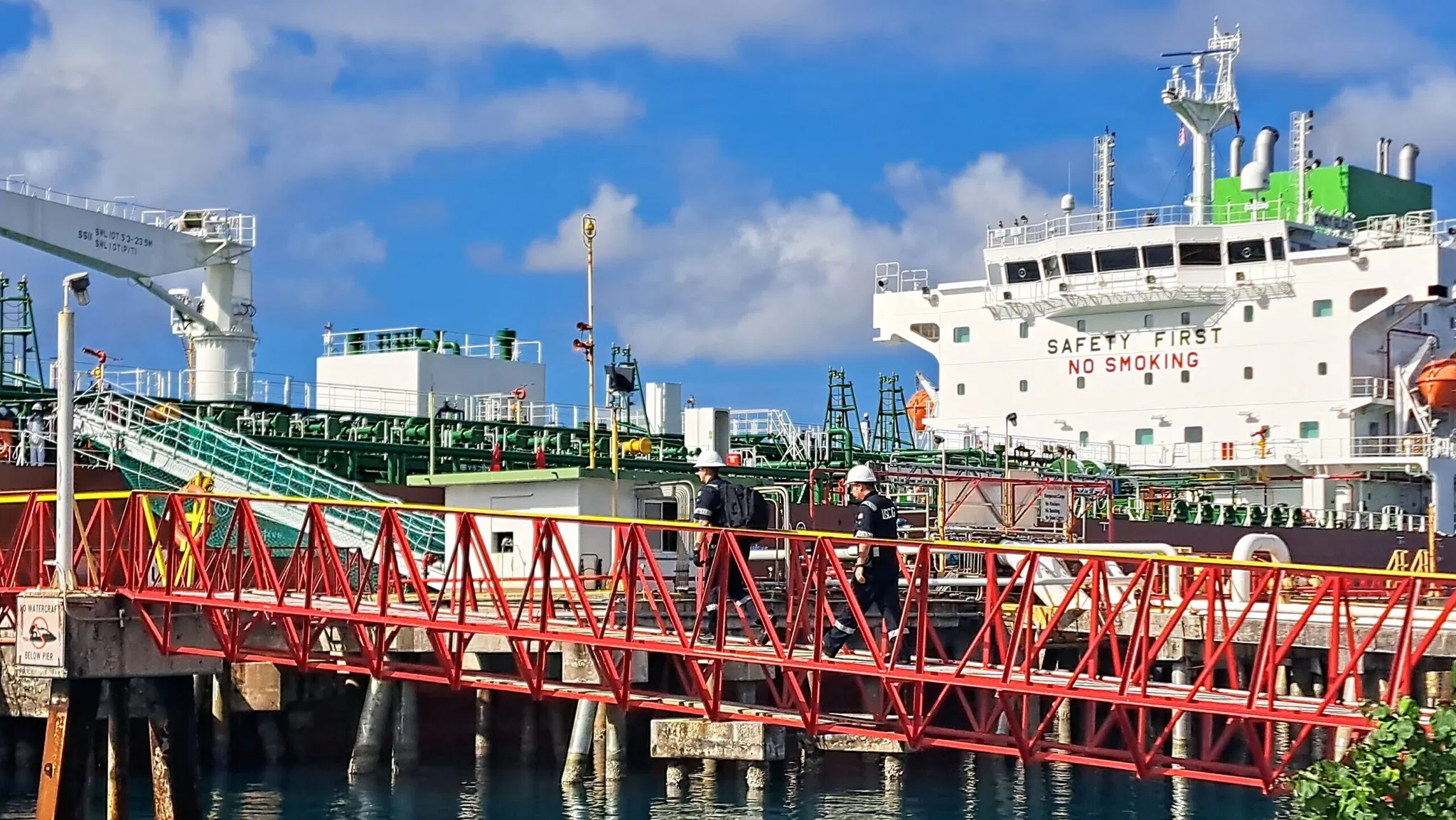Introduction to the Dark Fleet Dilemma
A pressing issue is emerging in the maritime shipping community, particularly regarding the growing influence of the so-called “dark fleet.” This phenomenon raises significant concerns about the compliance standards in the industry, especially as safety and economic risks mount. A call to action has been made for regulatory bodies to scrutinize the practices surrounding foreign flags-of-convenience (FOC) ship registries.
The Underbelly of Shipping: What is the Dark Fleet?
The dark fleet refers to a network of ships exploiting lax regulations by operating under FOC. These ships operate with minimal oversight, skirt safety protocols, and often evade environmental regulations. According to estimations, between 600 to 1,000 vessels are part of this troubling network. Highlighting the issue, SIU President David Heindel emphasized the adverse effects of this system on global shipping.
The Call for Regulatory Action
The Seafarers International Union (SIU) has engaged with the Federal Maritime Commission (FMC) regarding these practices. The SIU stressed the importance of tackling systemic abuses in vessel flagging. In doing so, they urged not just the FMC but the entire maritime community to embark on coordinated efforts to foster integrity within the shipping industry.
Understanding FOC Registries
FOC registries allow shipowners to register their vessels in countries with less rigorous standards. These registrations can lead to significant economic disparities, promoting unfair competition. Responsible shipowners who adhere to strict regulations find themselves outmatched by those operating under FOC, creating an environment where standards are dropped to unsustainable levels.
Impact on Wages and Working Conditions
Unregulated practices foster wage suppression and unsafe working conditions for seafarers. The ITF has campaigned since 1948 to combat the negative impacts of FOC systems. The evident disconnect between safety and profit illustrates a deeply ingrained issue that harms both the workforce and the maritime ecosystem.
Regulatory Guidance on Compliance
The U.S. Department of the Treasury issued an updated advisory concerning the operations of “shadow fleet” tankers. These vessels are known to utilize infringing practices, such as:
Switching registrations to states offering leniency towards sanctioned vessels.
Claiming to operate under a flag they are not legitimately registered with (known as “false” flags).
Utilizing fraudulent registries that are not authorized to provide flagging services.
Enhanced Due Diligence Required
The advisory concluded with a clear directive: maritime stakeholders must conduct thorough due diligence on ships’ flag registries and registration histories. This diligence is crucial to avoid inadvertently engaging with entities that might be operating outside the bounds of legality, particularly concerning the trade of Iranian-origin petroleum.
Support for Responsible Shipping
Groups like the SIU advocate for responsible shipping practices and emphasize the need to address the discrepancies created by FOC registries. Shipowners committed to high standards face the brunt of competition from those navigating under the umbrella of these registries, leading to a “race to the bottom” in industry standards.
Potential Repercussions for the Global Logistics Sector
As the maritime industry continues to grapple with the challenges posed by unregulated vessels, the ramifications extend far beyond shipping alone. Fair competition and economic stability in logistics largely depend on the integrity and reliability of carrier operations.
Statistics on Safety and Compliance
Data from the ITF suggests that the presence of FOC ships is statistically correlated with higher rates of vessel detentions and safety incidents:
FOC vessels are frequently found to have expired or counterfeit certificates.
They are overrepresented in the number of maritime casualties and incidents.
Notable deficiencies in maintenance and safety equipment are prevalent among these vessels.
Conclusion: The Way Forward
As the maritime landscape evolves, it becomes increasingly clear that addressing FOC practices is paramount. The impact on labor standards, safety, and fair competition must not be overlooked. While examining historical data and trends, it’s crucial for stakeholders to remain vigilant. Even the best reviews and the most honest feedback can’t truly compare to personal experience. On GetTransport.com, individuals can efficiently secure cargo transportation at competitive prices globally. This platform stands as a beacon of convenience and reliability in navigating the logistics maze.
In summary, the ever-present challenge of the dark fleet illustrates how crucial it is for maritime industries to uphold high standards of safety and compliance. Understanding these dynamics is essential for maintaining integrity within logistics. Whether moving office furniture or scheduling international freight, GetTransport.com simplifies transportation challenges while ensuring transparency, affordability, and a wealth of choices. Ready to make the most informed decision for your logistics needs? Book your ride on GetTransport.com.

 对不受监管的海上作业及其影响的担忧与日俱增">
对不受监管的海上作业及其影响的担忧与日俱增">